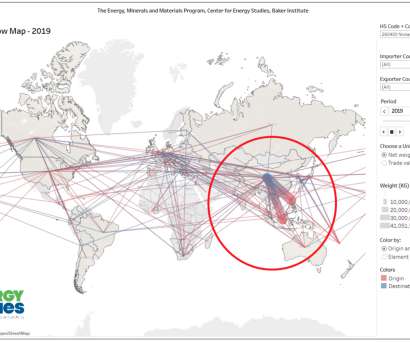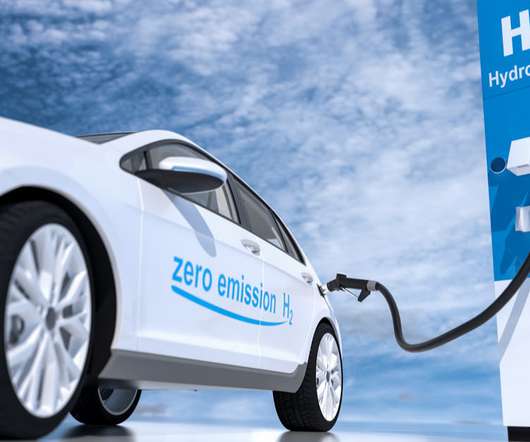Study finds all-electric rideshare fleet could reduce carbon emissions, but increase traffic issues
Green Car Congress
JUNE 23, 2023
Lead author Aniruddh Mohan and colleagues wanted to develop a method that evaluated the life-cycle costs and benefits for two battery-powered ridesource fleets and a gasoline-powered one. The analysis indicated that electrified fleets had 40-45% lower greenhouse gas costs per trip compared to the gasoline-powered version.












Let's personalize your content